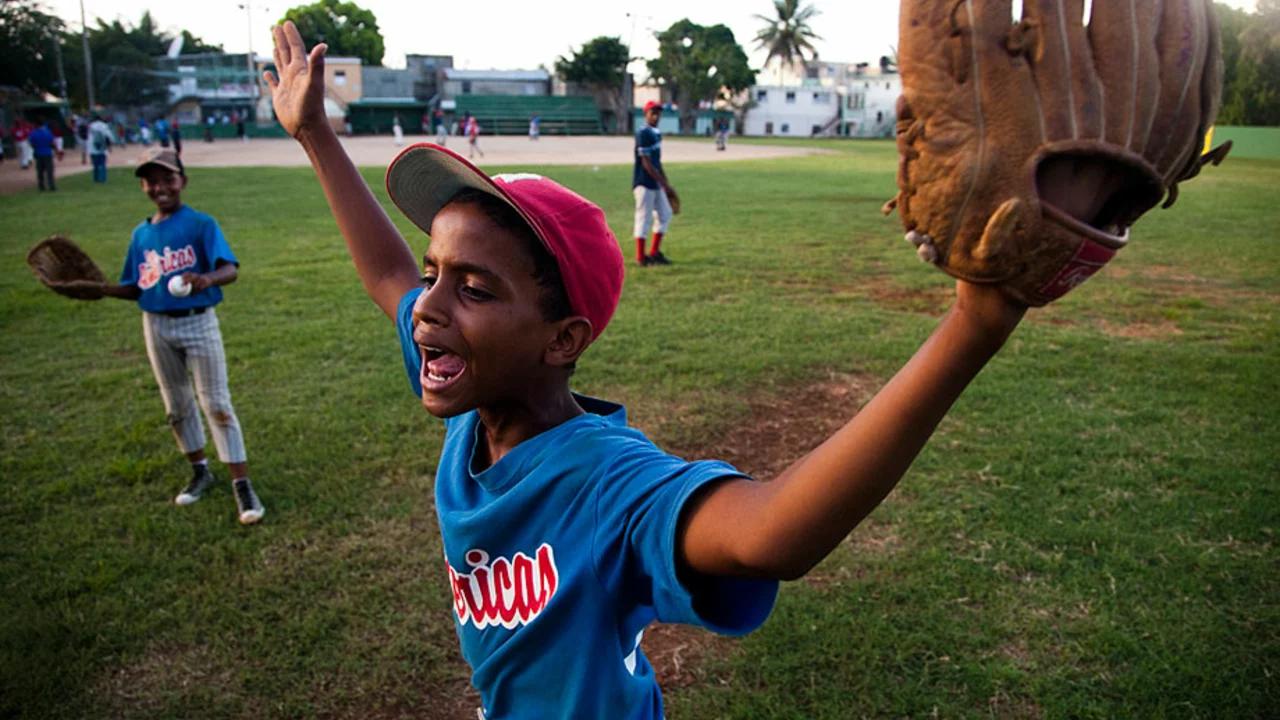Baseball: The Game, Its History, and Why It Still Thrills
When talking about baseball, a bat‑and‑ball sport played between two teams of nine players each. Also known as America's pastime, it blends skill, strategy, and a dash of chance. Team sports, activities where groups compete together toward a common goal provide the backbone for baseball, because coordination among players defines every play. The sport’s structure encompasses innings, pitching duels, and fielding patterns, while the Hall of Fame, a museum honoring exceptional athletes preserves legends and shapes how fans measure greatness. Finally, the element of luck, random events that can swing outcomes adds drama, making each game unpredictable and exciting. In short, baseball is a blend of teamwork, heritage, and chance that keeps fans coming back for more.
How Baseball Connects to Skill, Luck, and Legacy
Baseball requires precise hand‑eye coordination, strategic decision‑making, and physical endurance — attributes shared across many team sports. Yet, unlike soccer or basketball, a single swing can decide a game, highlighting the role of luck. Studies of game data show that even top hitters fail more than half the time, proving that chance matters as much as practice. This interplay fuels debates about fairness and prompts fans to cherish moments when skill overcomes randomness. Meanwhile, the Hall of Fame influences baseball culture by setting performance benchmarks; players chase career milestones that guarantee a spot among the greats. The Hall also shapes media narratives, sponsorship deals, and fan identity, linking personal achievement to collective memory. Together, these forces create a vibrant ecosystem where every at‑bat is a story of preparation meeting uncertainty, honored by historic recognition.
Below you’ll find a curated mix of articles that dive deeper into these ideas. From discussions about how luck sways outcomes to explorations of Hall of Fame debates, the collection reflects baseball’s many layers. Whether you’re curious about the sport’s strategic nuances, its cultural impact, or the latest chatter among fans, the posts ahead give you practical takeaways and fresh perspectives. Keep reading to see how the themes of teamwork, chance, and legacy play out across real‑world examples and opinions from the wider sports community.
In my exploration of global passion for baseball, I found it's most popular in the United States, Cuba, Japan, and the Dominican Republic. The sport is deeply ingrained in the culture of these countries, with the US notably housing the globally recognized Major League Baseball. Cuba and the Dominican Republic, despite being smaller nations, are renowned for producing some of the world's best players. Japan's love for baseball is equally strong, with its Nippon Professional Baseball league attracting massive crowds. These four countries truly embody the spirit and passion for baseball.

 Sports News
Sports News